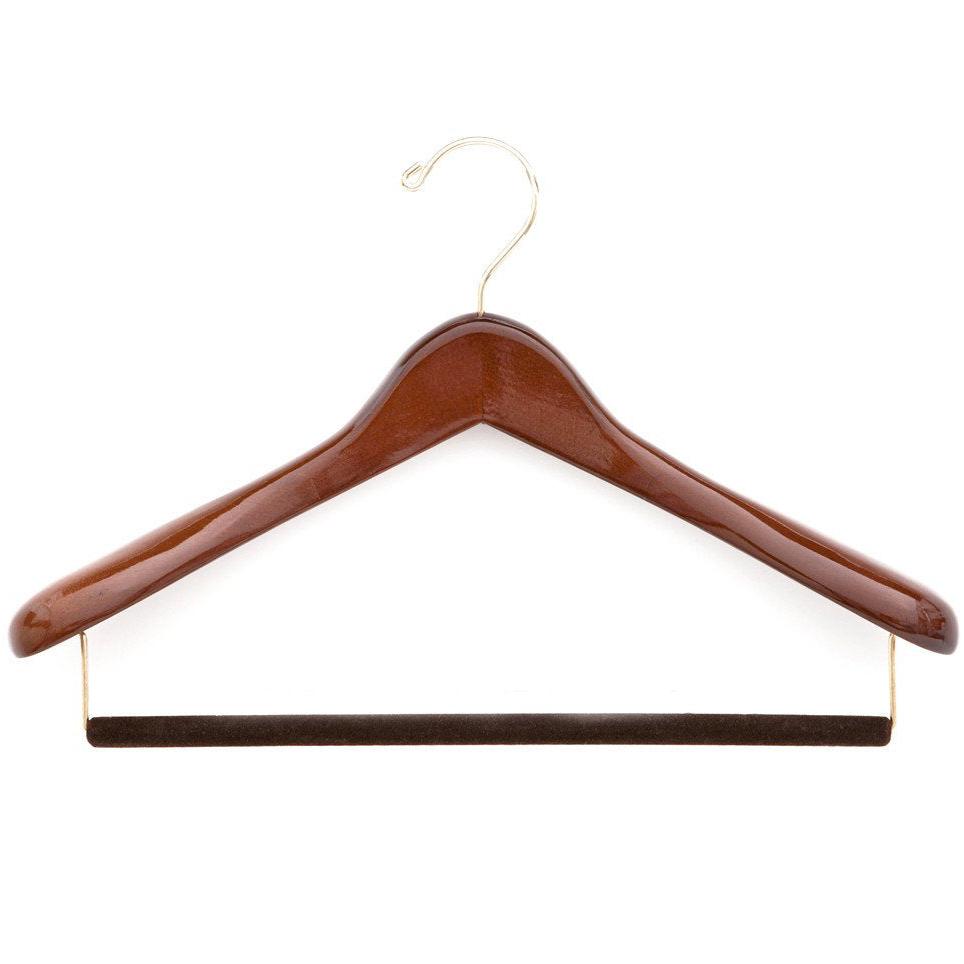furo
Distinguished Member
- Joined
- Apr 6, 2009
- Messages
- 6,197
- Reaction score
- 242
Nor is it important whether a shoe is hand- or machine lasted as long as it is lasted correctly.
+1000
This is exactly the point I was trying to make.
How one can determine that shoe A is of higher quality than shoe B simply due to hand vs machine lasting is beyond me.





